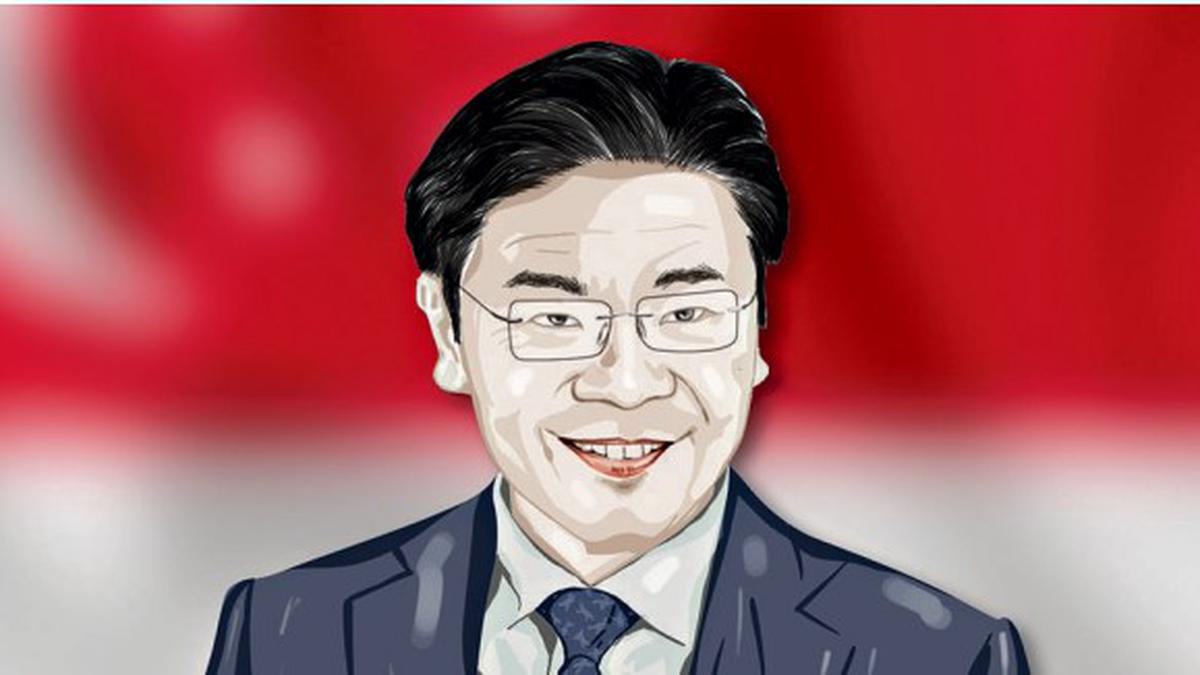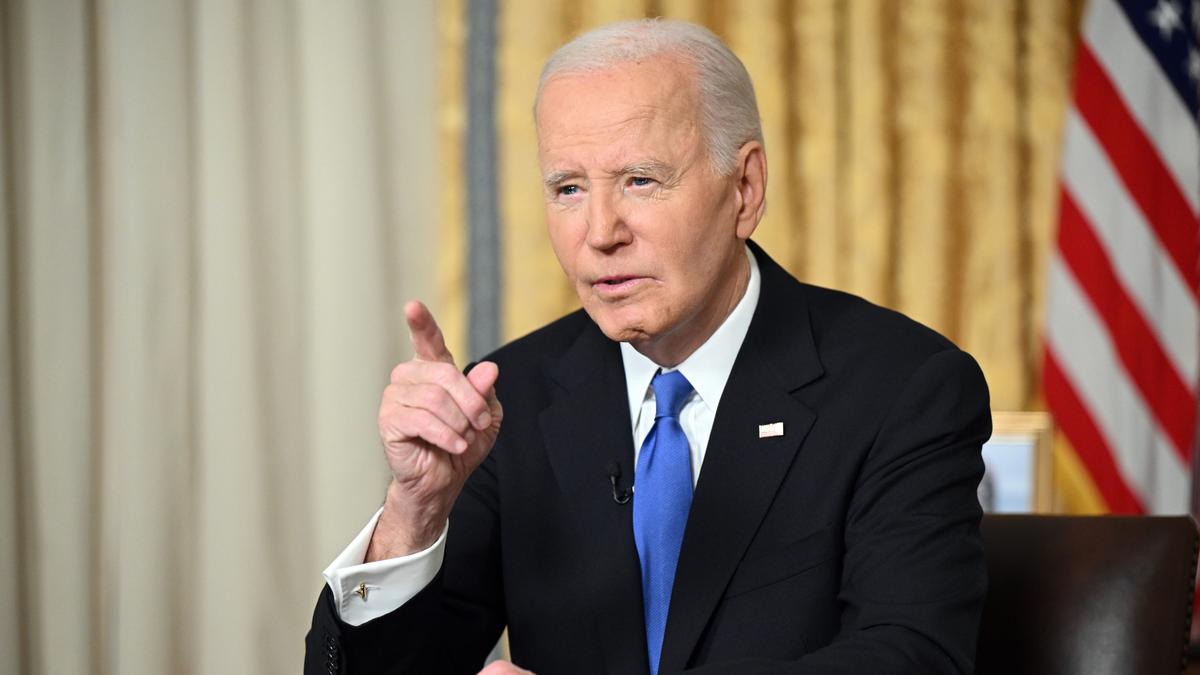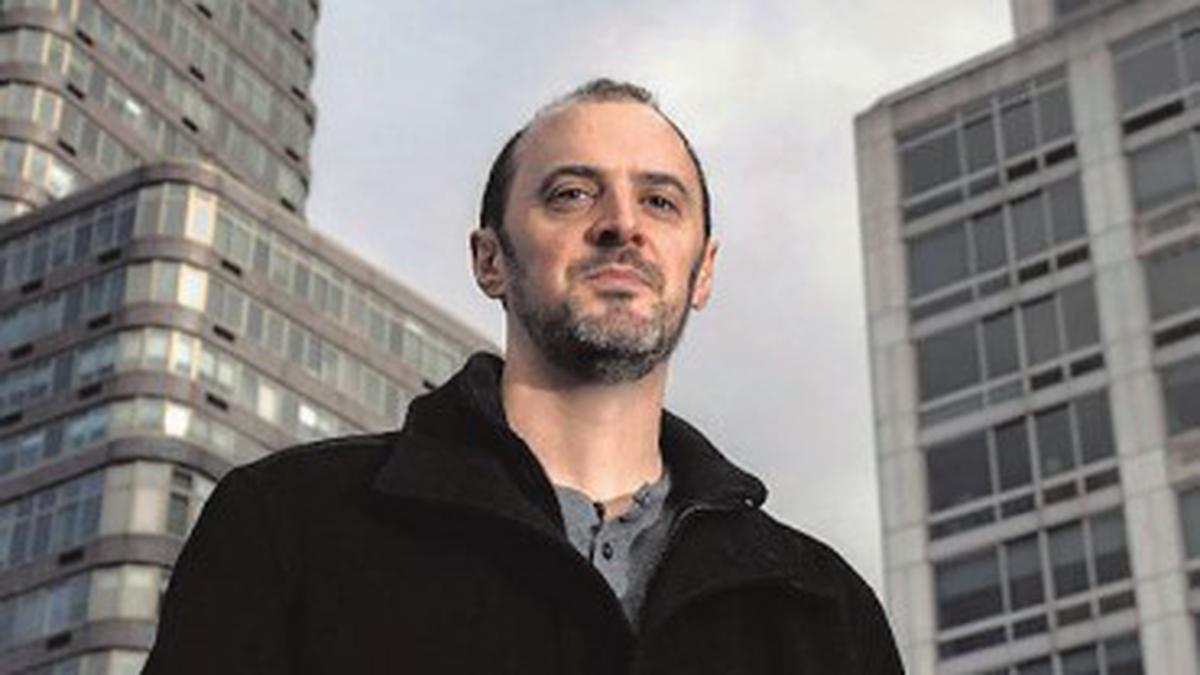It so happens that succession stories are often scripted like thrillers. When Singapore’s founding father Lee Kuan Yew stepped down in 1990, after three decades in power, he picked Goh Chok Tong to be the “stopgap” Prime Minister until his son’s time came. At times, the plot glitches, and the heir is chosen due to chance and circumstance. Take Lawrence Wong, the former Finance Minister who will succeed Lee Hsien Loong — the son who has been in power for 20 years — to become Singapore’s fourth Prime Minister.
Mr. Wong was not the first and familiar choice. The 51-year-old former civil servant has not been trained in the way Mr. Lee or Mr. Goh have. In 2018, the first pick withdrew, and the smooth succession planning was crinkled with uncertainty. All eyes shifted to Mr. Wong during COVID. His was a steadying voice guiding Singapore through the pandemic; a credible face representing Singapore’s equitable future. Corruption and ethics scandals within the ruling People’s Action Party have left Singaporeans yearning for accountability. Mr. Wong is now tasked with fortifying the party’s walls, and earning back the lost trust, before next year’s general elections.
The budding economist
Mr. Wong on April 15 accepted the leadership position with “humility and a deep sense of duty”.
He was raised in the Methodist tradition of Christianity; the family of four living in public housing in Marine Parade. His mother was a teacher. “To have a strong sense of responsibility, of making sure that if I commit to something, I do it well… that shaped me in a certain way,” he said in an interview. His father is from China and travelled to the British-controlled Malaya to work with his grandfather. He later went to Singapore to work as a sales executive. If his mother passed along discipline, his father bequeathed him a love for music. At age eight, Mr. Wong received a guitar, sparking a love affair with rock, blues and soul, jazz. He put up pictures of Eric Clapton’s guitar on his walls; fostered an adoration for Nina Simone and Ella Fitzgerald. After high school, Mr. Wong pursued economics on a government scholarship in the U.S., because “all the guitarists and musicians I followed were largely American”, he told The Straits Times.
He often went busking; even took classes on rock and roll. Reality hit as he inched towards graduation when he failed to answer a question about Singapore’s model of development: he was going to graduate “without a mastery of the subject”, he recalled. The childhood discipline kicked in: he dedicated himself to mastering macroeconomics, economic modelling, even Singapore’s economic model. Mr. Wong later also completed a Public Administration degree from the Harvard Kennedy School.
The young economist picked a job in the Ministry of Trade and Industry circa 1997, the start of the Asian financial crisis (“nothing that I learned in school prepared me for such an assignment”, he said). Future stints included time at the Ministries of Finance and Health, after which he shadowed PM Lee between 2005 and 2008. The private sector beckoned in between; he told Petir he “was tempted to leave” for more lucrative opportunities. His mentor, former civil servant Lim Siong Guan, told him to be “patient”. The advice paid off: “my job started to grow considerably… [including] work that entailed national policies or working with fellow Singaporeans…”
Political entry
Mr. Wong’s first test came during the COVID-19 pandemic when he “rose to the occasion without breaking under the stress and pressure”, a colleague said in an interview. His “down-to-earth approach” and calm handling of the pandemic helped him build trust within the PAP. Mr. Wong is also known for spearheading the Forward Singapore agenda, involving more than 200,000 people in the exercise that maps Singapore’s priorities and vision.
The current deputy Prime Minister lives a guarded personal life. His first marriage ended after three years due to “incompatibility”; he is now married to Loo Tze Lui, a former banker working in wealth management. Mr. Wong’s social media offers a peek into his world; he is a “bookworm, guitar player and dog lover”, his bio reads. Scroll and one finds reels of Mr. Wong jamming to Chuck Berry’s Johnny B. Goode and a rendition of Taylor Swift’s ‘Love Story’ dedicated to teachers for their hard work. He comes across someone “who is comfortable with emoting and personable,” but can be “tough” if required, analyst Eugene Tan told Bloomberg.
Over time, Mr. Wong has cultivated a professional reputation for being clear and persuasive; serious and sincere; attentive and amicable. Speaking of his work ethic, the politician said: “…in the Methodist tradition, you would say your work is your worship… [your work] is a testimony of how you as a person are an example… for the world.”
In him, politician Yaacob Ibrahim told The Straits Times was a rare quality: Mr. Wong “never had ambitions to become the prime minister”.
Mr. Lee had intended to step down before his 70th birthday, a plan upended because of the pandemic. The transition also overlaps with crises on the PAP’s frontiers. Two high-profile politicians resigned last year after an ethics case rocked the party and a minister resigned in January this year after he was charged with corruption. Mr. Wong said in July he would “work doubly hard” to earn Singaporeans’ confidence. “Everything depends on the success of this third transition in our history,” he said during a party convention.
In the successor’s hands lies the dynasty’s legacy. But what will be Mr. Wong’s legacy? Some think he may uphold the status quo without ruffling many feathers. The opposition Singapore Democratic Party in 2022 said Mr. Wong is “substantively no different” from his colleague [PM]. Critics have censured him for increasing taxes; it encumbers people living in one of the most expensive countries in the world. Others foresee more worker-friendly policies, devised through processes that engage citizens. Mr. Wong has also spoken about changing the “identity” of the island state to make it “a more middle-income society”.
Mr. Wong in a 2022 interview recollected a wisdom his mentor acquired when he worked with Goh Keng Swee, the deputy to Lee Kuan Yew. Dr. Goh’s philosophy was to always know the answers to Lee’s questions. If the deputy failed, he “would make it a point” to try and master the topic within hours. To the dutiful Mr. Wong, this was a “very inspiring example”.The designated successor is inheriting this advice. One month before the change of the guard, he said in a post: “I pledge to give my all in this undertaking.”





